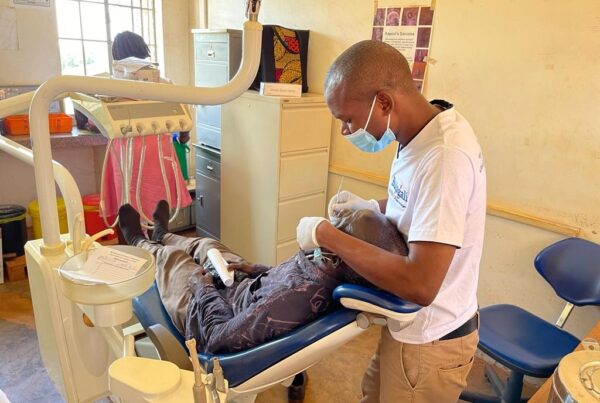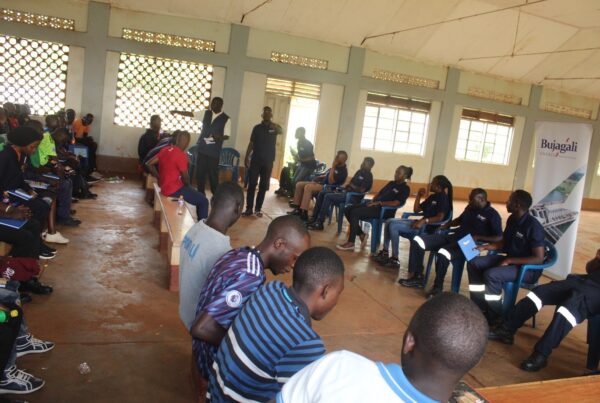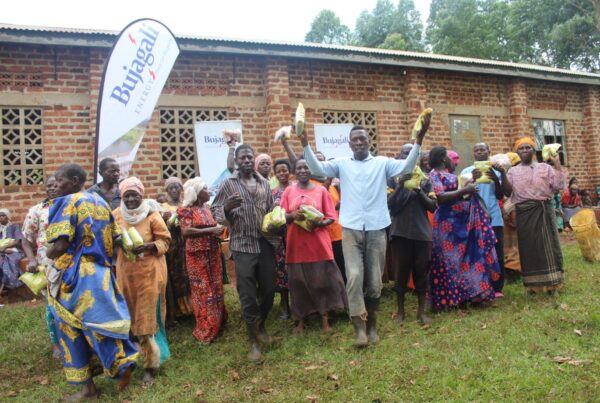Bujagali Energy Limited (BEL) has always acknowledged its role to contribute to the growth of society, particularly its host communities, by empowering them through outreach programs in every sphere including education.
Students in the BEL region have enjoyed golden opportunities thanks to these initiatives. The company’s education initiative includes ongoing programs for tertiary education scholarships, graduate trainees, mentoring, and environmental projects for students in the community.

Scholarship: The BEL scholarship programme has supported over 20 students pursuing various tertiary courses including Science, Technology, Engineering, and Mathematics (STEM).
Graduate Trainee programme: The first ever graduate trainee programme provided opportunities for graduates to further their qualification at Bujagali Hydroelectric plant to supplement their course work. This trend has continued annually as a way of nurturing the younger generation in the engineering and electrical field.
Mentorship programme: With about 478 students from various schools benefiting from the mentorship programs in 2021, BEL ensured that the students are aware of the scholarship program applications and assisted them with information on college application and admissions processes.
The company also extended its support to post primary schools. It constructed a nursery school for children in 2011, within its region, with the view of accommodating children from the village who could not travel to other schools due to their age group (3-6) years.
In March 2021, BEL delivered a project to construct sustainable kitchens for schools. In Naminya Church of Uganda primary school the company introduced modern energy saving stoves that are affordable to use and environmentally friendly, benefiting about 600 students and 15 teachers.

As part of the school’s initiative, they further started a vegetable project in April 2021. With the distribution of garden tools such as hoes, watering cans, trawel knives, seeds, fertilizers, sprayers, and pesticides. The project which is being carried out in 2 Government primary project aims to supplement school meals. In addition, the school vegetable project will enable pupils acquire knowledge and skills to grow vegetables at school and even in their homes.
This year, a total of 165 students in both schools have been trained by the BEL team on seed bed preparation, planting, compost making, watering, and spraying among others and vegetables such as African egg plants, kales, carrots, onions, tomatoes, garden egg plants and Amaranthus are produced to supplement the children’s diet.



